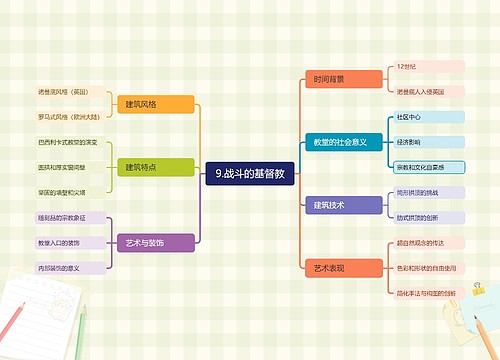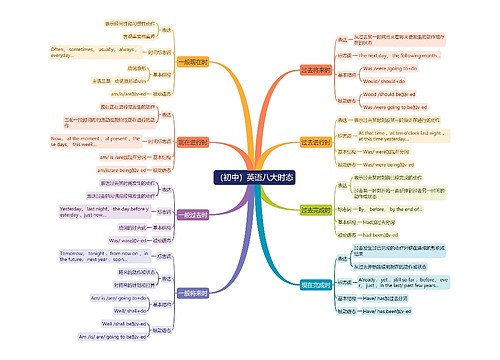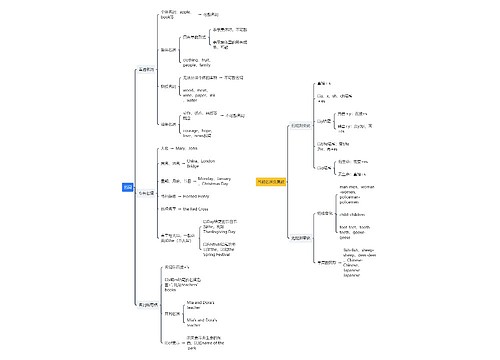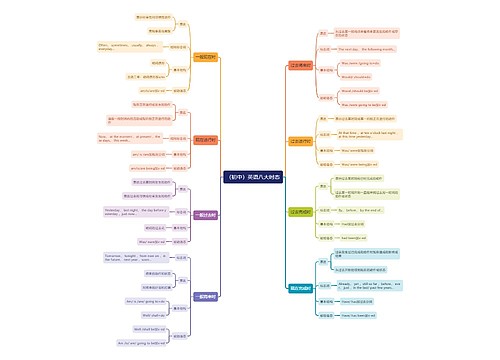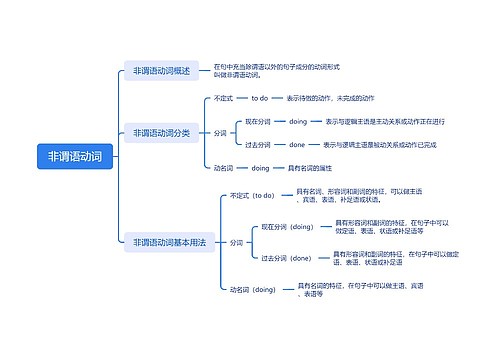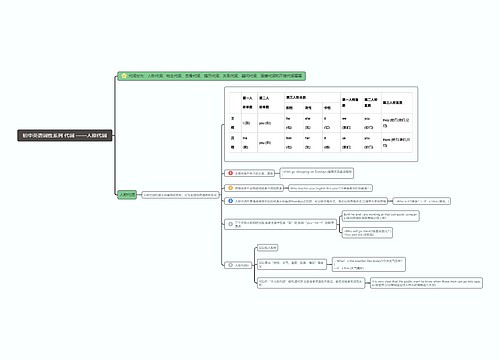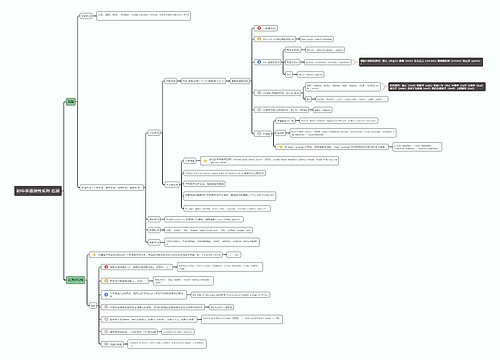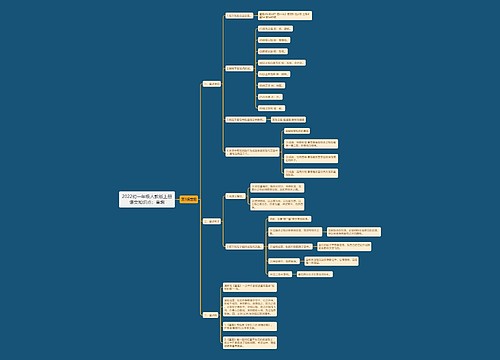一般过去将来时表示从过去的某一时间来看将来要发生的动作或呈现的状态。过去将来时常用于宾语从句和间接引语中。 一般过去将来时的出发点是过去,即从过去某一时刻看以后要发生的动作或状态。
一般过去将来时是由"should/would + 动词原形"构成的。
He asked me yesterday when I should leave for Paris.
They wanted to know how they would finish the homework earlier.
一般过去将来时间的出发点是过去,即从过去某一时刻看以后要发生的动作和状态。
a. 一般过去将来时常用于间接引语中
He said they would arrange a party.
I asked if he would come and fix my TV set.
b. 一般过去将来时可用来表示非真实的动作或状态
If I had a chance to study abroad, I would study at Cambridge University.
I wish he would go with me to the cinema tonight.
a. was/were going to +动词原形
He said that he was going to live in the country when he retired.
They thought it was going to rain.
b. was/were +动词的-ing形式
Nobody knew whether the guests were coming.
I was told that the train was leaving in a few minutes.
c. was/were +动词不定式
She said she was to clean the classroom after school.
It was reported that another bridge was to be built across the Yangtse River.
提示:
"was/were going to +动词原形"或"was/were + 动词不定式完成式"可表示未能实现的过去将来时间的动作。
Last Sunday we were going to visit the Great Wall, but it rained.
上星期天我们本想去游览长城的,但却下雨了。(没有去成)
I was to have helped with the performance, but I got flu the day before.
我是打算帮忙演出的,但前天我感冒了。(没有帮上忙)
d. was/were about to do
"was/were about to do"表示说话的瞬间就会发生的动作。
I felt something terrible was about to happen.
e. was/were on the point of doing
I'm glad you have come. I was on the point of calling you, but you've saved me the trouble now. 很高兴你来了。我正准备给你打电话,现在你省去我这个麻烦了。
提示:
"be about to do"和"be on the point of doing"结构一般不与表示将来的时间状语连用,但后面可以接when引导的分句。
I was about to start when it suddenly began to rain.

 U633687664
U633687664
 U582679646
U582679646